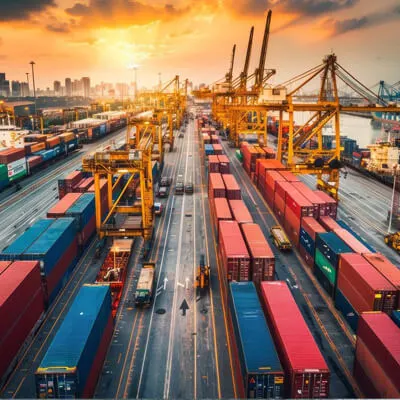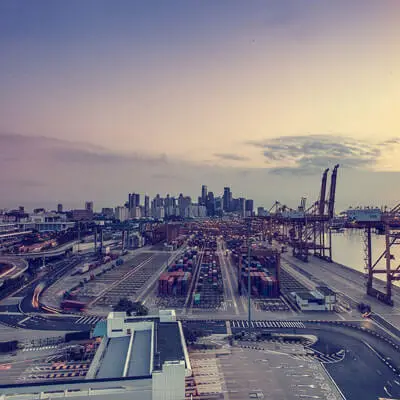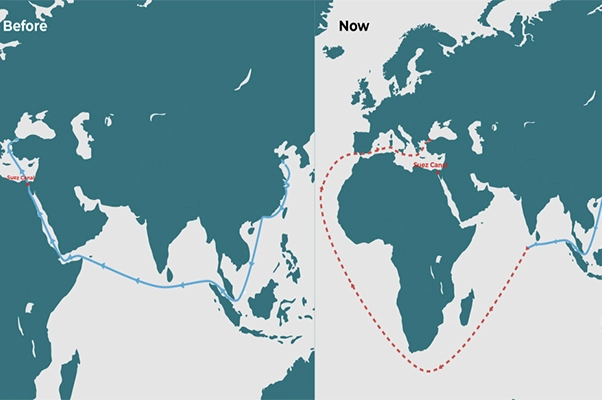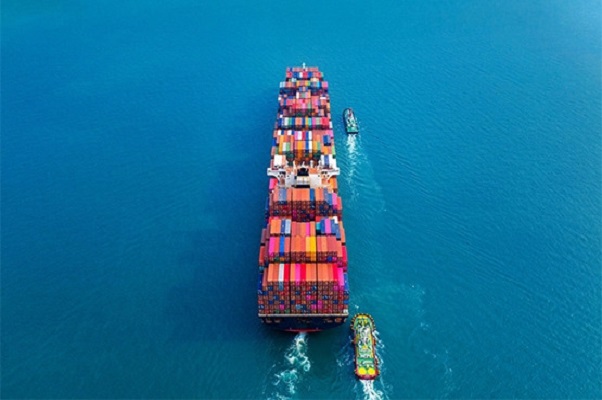+
The FCA Incoterm, short for "Free Carrier," specifies that the seller must deliver goods to a designated location, referred to as the "Named Place." The seller is responsible for preparing and exporting the shipment up to this point, after which the buyer takes over. Once the cargo is ready for loading onto the carrier, all risks and responsibilities shift to the buyer.
FCA is versatile and can be applied to various transport modes, including air, sea, road, and rail freight. It gives buyers the flexibility to arrange transport themselves, often at more competitive rates than what sellers might offer. While buyers assume responsibility once the cargo has been exported, FCA allows them to avoid the complexities of the export process, which can be challenging for certain goods.
Under FCA terms, the seller must oversee the entire export process before transferring responsibility to the buyer. Below are the seller’s primary duties:
· Export Packaging: Ensure the goods are packaged according to export regulations, which may involve specific markings or materials.
· Loading Charges: Cover the costs associated with loading goods onto the first carrier from the seller's location.
· Delivery to Port/Place: Handle transportation costs to move the cargo from the seller’s facility to the agreed "Named Place," typically a port, airport, or rail terminal.
· Export Duty, Taxes, and Customs Clearance: Manage all formalities and costs related to exporting the goods, such as customs inspections or pre-shipment certifications.
The seller is responsible for these costs and tasks, which are factored into their quoted price. Once completed, the cargo is handed over to the buyer, along with all associated risks for the next stages of transport.
Once the goods reach the "Named Place" and clear export formalities, the buyer assumes responsibility. These are the buyer’s obligations:
· Origin Terminal Charges: Pay any fees at the terminal where the cargo is loaded onto the main transport vessel.
· Loading onto Carriage: Cover the cost of loading goods onto the transport carrier.
· Carriage Charges: Pay for freight from the port of origin to the port of destination.
· Insurance: Although optional, the buyer decides whether to purchase insurance for the shipment.
· Destination Terminal Charges: Handle costs related to unloading and storing goods at the destination port before import formalities.
· Delivery to Final Destination: Manage transportation from the destination port to their desired location.
· Unloading at Destination: Cover any unloading costs at the final delivery point.
· Import Duty, Taxes, and Customs Clearance: Fulfill all costs and formalities for importing the goods into the destination country.
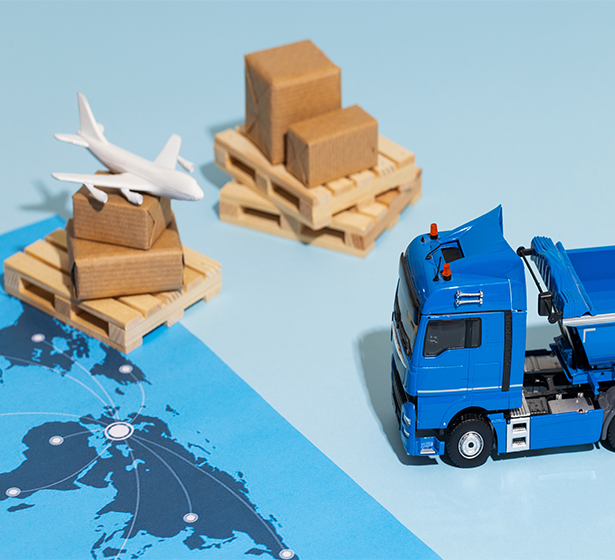
FCA is more advantageous than EXW (Ex Works) because the seller handles export formalities, reducing complexity for the buyer. FCA offers buyers control over logistics post-export, allowing them to manage costs and negotiate competitive shipping rates. Buyers with reliable freight partners often prefer FCA for containerized goods, as it enables them to tailor the shipping process to their specific needs.
Despite its benefits, FCA is less popular than FOB (Free on Board) for ocean shipments. FCA places responsibility for terminal and loading costs on the buyer, which can complicate matters if issues arise at the port of origin. The Incoterm is best suited for containerized shipments, where the "Named Place" is the export terminal. If the cargo is directed to a warehouse instead of the terminal, the buyer may need to handle unloading and export formalities, which can diminish the advantages of FCA.
Additionally, in countries like China, FCA is not as commonly used as FOB. Chinese exporters are more familiar with FOB, and using FCA might create inefficiencies due to their lack of experience with this term.
FCA is a good option if the following conditions are met:
· The goods are containerized.
· The buyer has experience with the seller's country's logistics or works with a reliable shipping service.
· The seller is comfortable with FCA terms.
· The cargo is transported directly to the export terminal, not a warehouse.
If these criteria are not met, other Incoterms like FOB may be more suitable.
For shipments from China, FCA is often less practical compared to FOB. Chinese exporters are efficient with FOB agreements, and using FCA might lead to delays or complications. Unless there is a specific reason to deviate, sticking with FOB is typically more straightforward.
If you wish to try FCA, ensure the following:
1. Confirm that your supplier is comfortable quoting FCA terms.
2. Consult a China-based freight forwarder or logistics provider to compare FCA with FOB costs and processes.
Regardless of the Incoterm used, purchasing freight insurance is a wise decision to protect against potential losses.
Who pays for freight under FCA?
The buyer is responsible for all freight costs under an FCA agreement.
How is FCA different from FOB?
FCA applies to all transport modes, while FOB is limited to waterway shipments. Under FOB, the seller is responsible for loading the goods onto the vessel, whereas, in FCA, the buyer takes responsibility once the goods reach the "Named Place."
Does FCA include customs clearance?
Yes, the seller handles export customs clearance under FCA, while the buyer is responsible for import customs clearance.
GOWIN offers comprehensive logistics support for both buyers and sellers under FCA (Free Carrier) terms, an Incoterm where the seller is responsible for delivering goods to a specified location, typically to a carrier nominated by the buyer. The risk transfers to the buyer once the goods are handed over to the carrier. GOWIN provides a range of services to facilitate smooth and efficient shipments for both parties.
Services for Sellers:
For sellers, GOWIN assists with logistics coordination, helping to arrange transportation of goods to the agreed location. We support sellers in preparing all necessary shipping documents, including bills of lading, commercial invoices, and packing lists. GOWIN can facilitate customs clearance at the port of origin and help select reliable and cost-effective carriers for shipment. Additionally, we offer loading services, ensuring that goods are safely loaded onto the carrier at the specified location.
Services for Buyers:
For buyers, GOWIN provides essential services such as assistance in obtaining insurance coverage for goods after they are handed over to the carrier. We offer tracking services, keeping buyers informed with regular updates on shipment status. GOWIN also assists with customs clearance at the destination port, ensuring a smooth import process. Post-delivery services, including warehousing, distribution, and last-mile delivery, are available to facilitate the efficient receipt of goods at the buyer's location.
General Services:
In addition to these specific services, GOWIN provides consultation and advisory on international trade regulations and risk management, helping both parties navigate the complexities of international shipping. As a freight forwarder, GOWIN manages the shipping process from origin to destination, ensuring a streamlined trade experience for both buyers and sellers engaged in FCA transactions.

